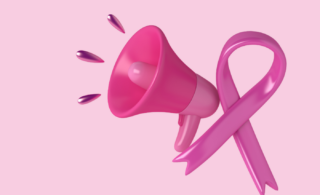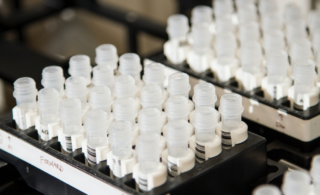
TRIGGER WARNING: THIS ARTICLE DISCUSSES SECONDARY BREAST CANCER
Being diagnosed with – and living with – secondary breast cancer often leads to some form of life evaluation and in this article Miranda talks about what she has learnt from her metastatic breast cancer diagnosis.
By Miranda
In March 2019, I celebrated with a glass of fizz, the news from my breast surgeon that all was well and he didn’t need to see me for three years. Seven years after my initial diagnosis this was excellent news!
Less than two months later the breast surgeon telephoned unexpectedly. I had recently had some scans to check whether a ruptured disc in my back had recurred. Turns out the ruptured disc was the least of my problems. Abnormal cells had been found; more tests were needed; things looked highly suspicious. The next six weeks were turbulent, scan followed scan. We waited a long time for a face-to-face conversation with my new metastatic breast cancer oncologist.
And here we are. My cancer has spread, it’s advanced, it’s secondary it’s metastatic, it’s treatable not curable. These words still feel like dark pools full of implication that I don’t really understand.
The initial weeks left me numb. I felt detached from everything that was going on, I abandoned sentences half way through, forgot conversations and became increasingly distracted. The stress piled up: broken sleep; tears; hysterical laughter; poor appetite, then excessive chocolate eating.
A year on, things have settled and here are four thoughts I venture to share, with the awareness that many with this diagnosis do not have the same advantages I have and indeed each person’s experience of metastatic cancer is individual.
- Keeping my identity. I am keen that this diagnosis is not going to define me. There is so much more to me than this. I have been fortunate to have a life, so far filled with variety and opportunity and a few ups and downs. I have at various times been linguist, accountant, consultant, teacher and lecturer whilst raising a family of four now adult daughters. Until March this year I worked as an Operations Director for a large city centre church. Literature and stories have remained an enduring passion for me and this year I have begun to write more regularly.
My great loves are my husband Mark, my girls and two adorable labradors, watching top level sport and reading. There is no room for cancer sufferer, fighter or ill health in this bio. I have a complicated relationship with social media. For those with secondary cancer it is often a great place for advice, support and much needed lobbying for better access to treatments. Sometimes I find my news feed overwhelming however so I dip in and out and try to keep a bit of balance in who I follow so that my social media is overall a positive experience and reflects many aspects of my life, to keep control of my identity.
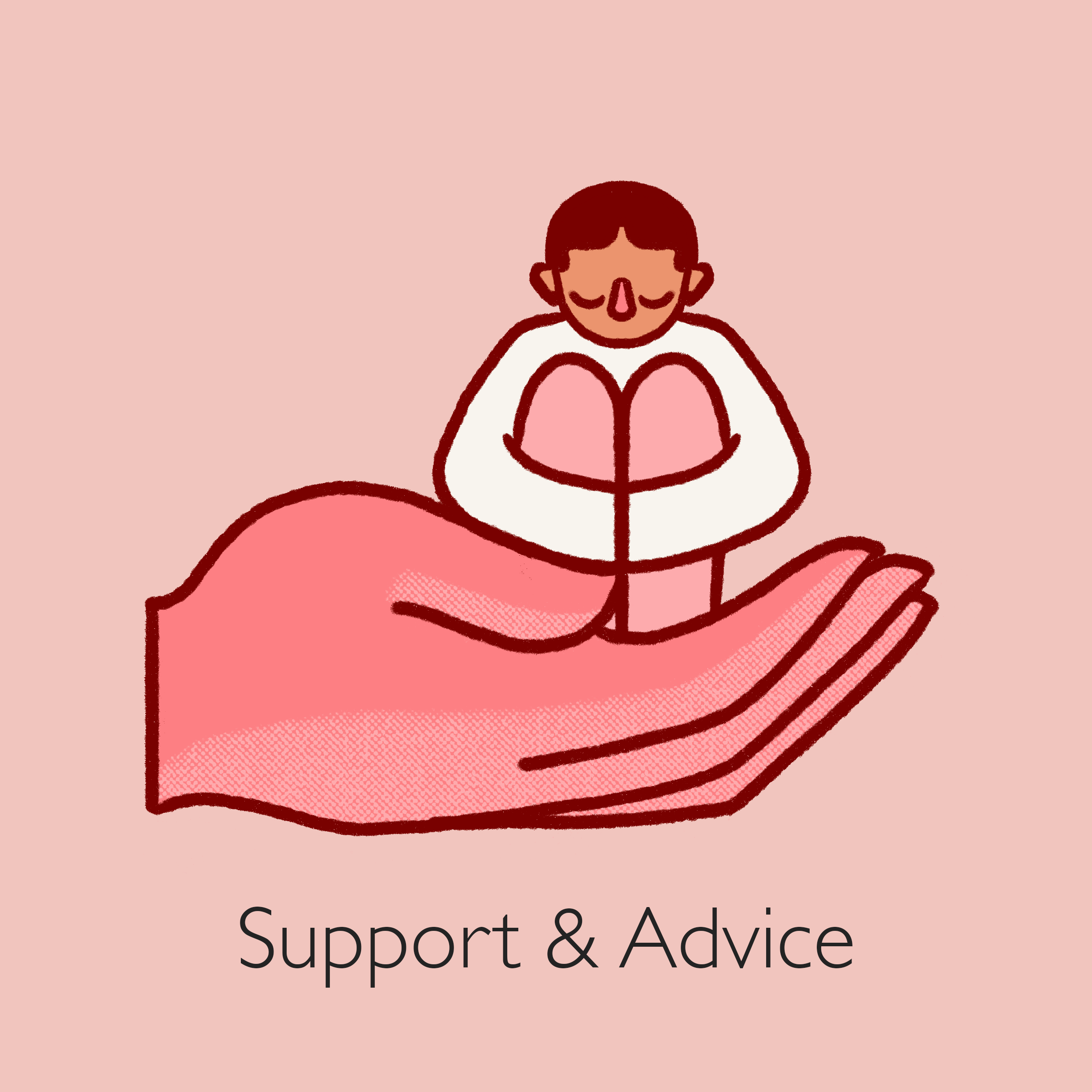
2. Honesty. It was a great aim to keep the cancer label at arm’s length. It has however had one unforeseen consequence. I was so keen not to be defined as a cancer patient, that I was slow, very slow, to tell people close to me what was happening. I work and live in a large and close community. I told very few people, but the news leaked out. I felt hurt and misread people’s love and concern for gossip. I didn’t tell some of my closest old friends for months. Perhaps because I didn’t want them to be upset, as much as not wanting to be defined by this. By keeping “it” a secret I missed out on a ton of love, care and support available to me and perhaps failed to honour the friendships. I wish I’d told them sooner.
I’ve still got a lot to learn here, I’m not keen on admitting when I’m finding things tough physically. There are days when fatigue, nausea or back pain are very dominant. My family and friends are getting wise to me now and step in to make me rest! I hope to get better at using my energy well and wisely and drawing on the support around me.
3. Reframe. Being treated for metastatic breast cancer is a slow train to nowhere. I’m fortunate to have access to some great new drugs, a helpful and proactive cancer treatment centre, a proactive oncologist and a wonderful Maggie’s centre for support. And yet after 4 or 5 months, it struck me that this treatment regime, this pattern of blood tests, and tablets and side effects and cannulas will never end for me. The relentlessness of this is exhausting and sometimes I feel so hopeless. I have arguments with myself, I have to persuade myself to take the darn drugs. Frankly I just can’t be bothered at times.
Recently I have attempted to reframe all this in my head. I’m trying to see my treatment as just like any other long-term medication. After all, I’ve taken asthma drugs for years, many have blood pressure tablets for years. “Come on, take the tablets and get on with your day”. A mental focus is required to do this, to lose the paraphernalia of cancer, and simplify it down to a handful of tablets and few needles. It’s worth it, it kind of works some of the time and it keeps the fear and dread at bay.
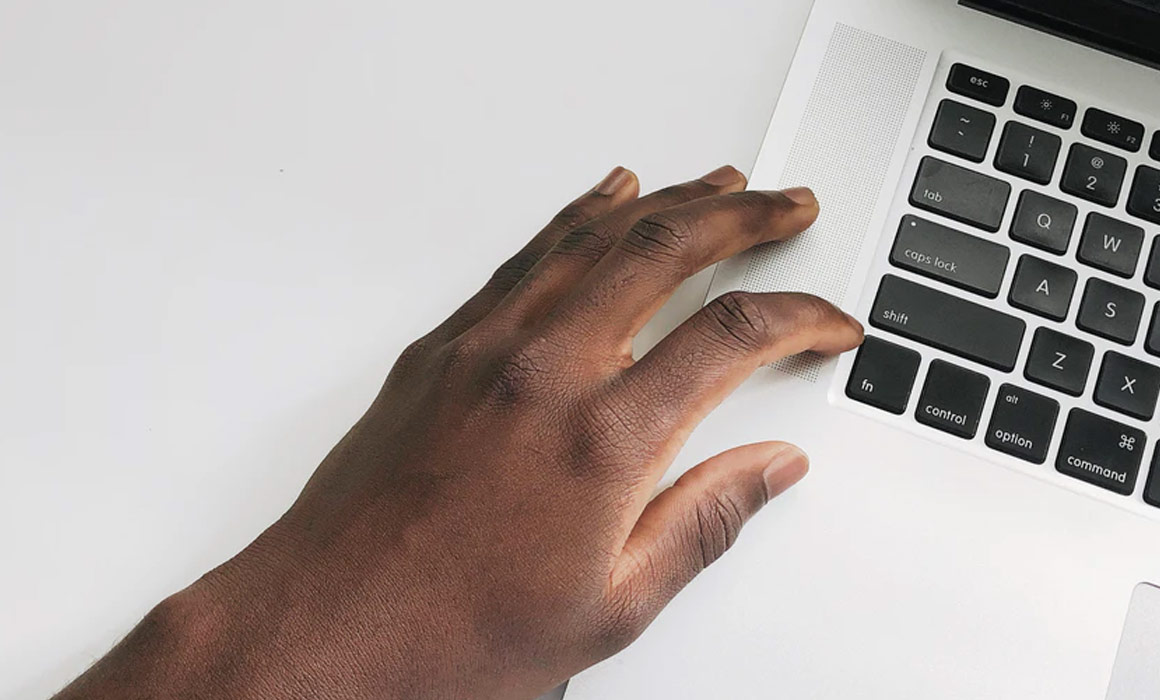
4. Don’t rush. It’s a slow train, so I’ve learnt not to rush decisions. I am thankful that although my scans show multiple metastases, I am fit and well. My youngest daughter has helped me commit to a gym programme. I walk my dogs nearly every day. I have great friends and love to travel to see family across the country. All these things I am continuing to do as much as sensible in this Covid world. Initially I considered stopping work immediately, we talked about moving house. The diagnosis felt so enormous and overwhelming that I thought it was the end of life as I knew it. It’s not been like that in reality. Day by day I have kept doing all the things that make me who I am. As the month went by, I did make some decisions to create a bit of space.
Before even considering any cancer symptoms, those of us with secondaries face a relentless round of appointments and treatments. These take up time that we used to use for other things. Keeping a strong and hopeful outlook also takes mental strength. It’s tiring. So I reduced my hours at work in September 2019 and then eventually took ill health retirement in March 2020. What with all the Covid shenangians I’m still trying to deal with the loss of not working and figuring out what a life might look like now. We haven’t moved house but we have bought a caravan so we can escape to places with beautiful views and good bookshops at short notice.
I don’t know what the future holds, but actually none of us do. I have my bad days, but for now, I am proceeding to do the best I can with this one fragile beautiful life. It’s a slow train to nowhere but I am mostly enjoying the view.
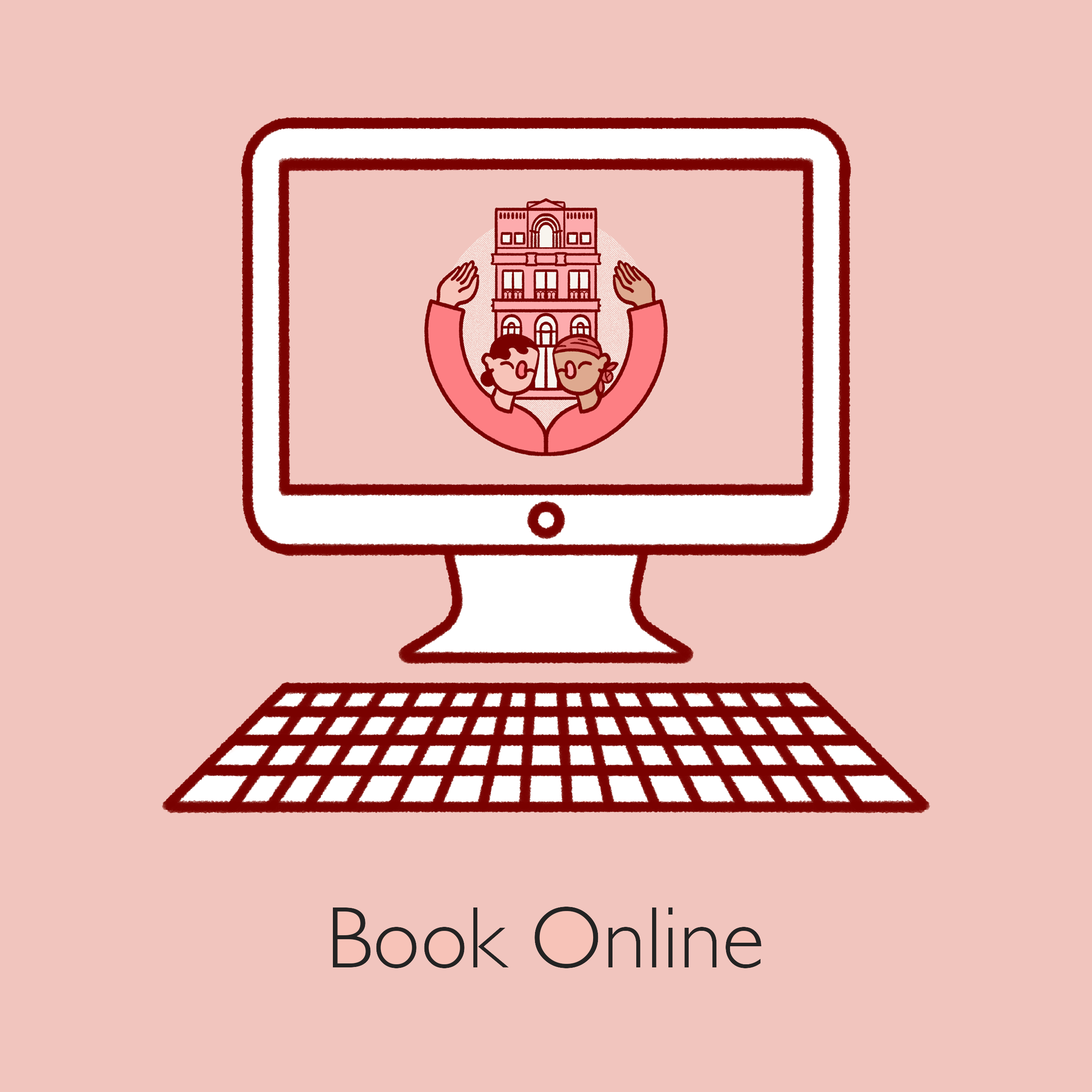
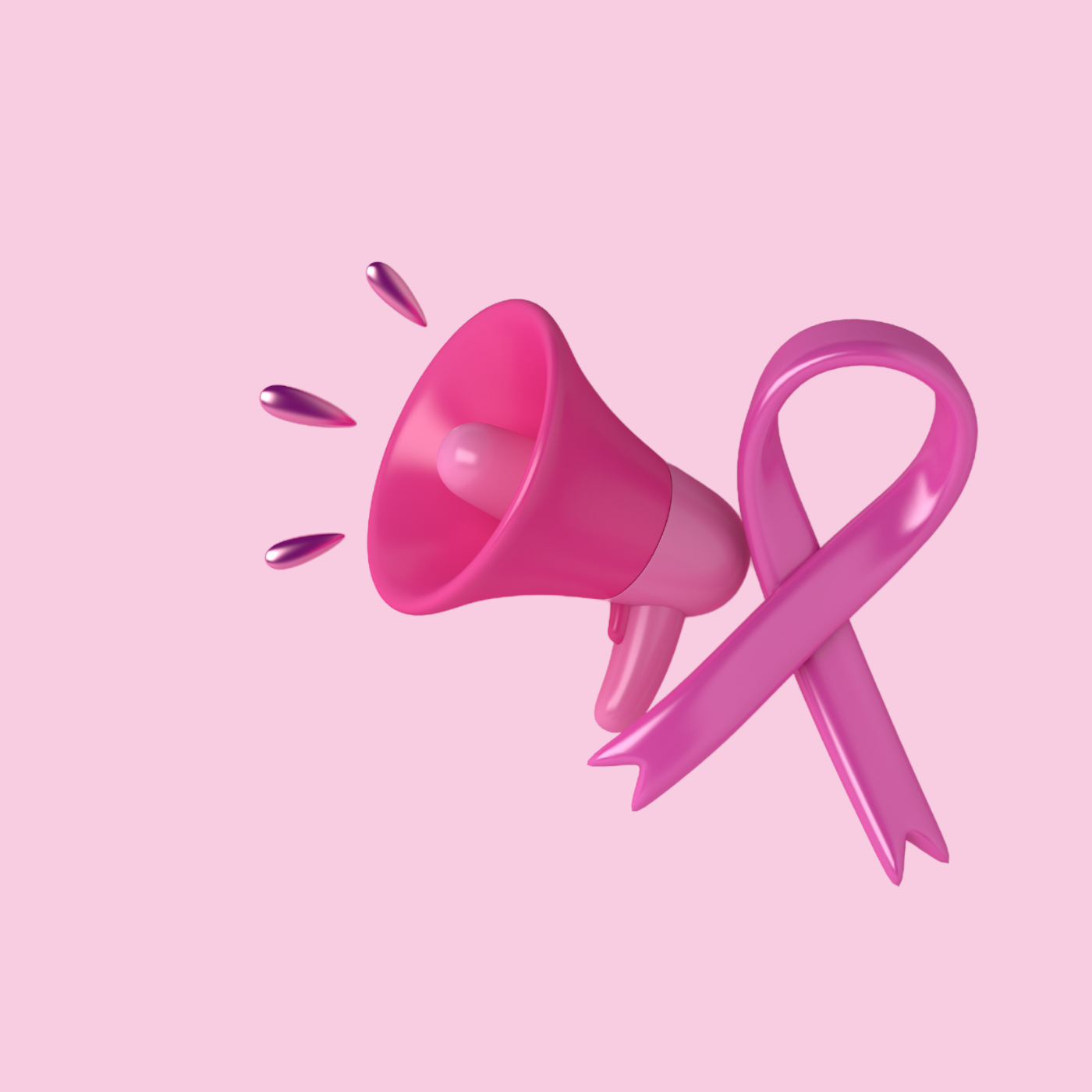
Further information
To return to the homepage of our Information Hub, click here where you can access more helpful information, practical advice, personal stories and more.
Future Dreams hold a range of support groups, classes, workshops and events to help you and your carers during your breast cancer diagnosis. These are held both online and in person at the London-based Future Dreams House. To see what’s on offer and to book your place, see here.
You can also find community on the Future Dreams Instagram page.
September 2020 (Reviewed February 2024)
This article was written by a guest author based on their own experience of breast cancer and its treatment. It is important to note that this is one person’s experience and that whilst there may be commonalities between the experiences of different people, everyone has a different diagnosis/treatment plan/general experience. The information and content provided in all guest articles is intended for information and educational purposes only and is not intended to substitute for professional medical advice. It is important that all personalised care decisions should be made by your medical team. Please contact your medical team for advice on anything covered in this article and/or in relation to your personal situation. Please note that unless otherwise stated, Future Dreams has no affiliation to the guest author of this article and he/she/they have not been paid to write this article. There may be alternative options/products/information available which we encourage you to research when making decisions about treatment and support.
Share

Support awareness research
Donate to those touched by BREAST cancer
Sylvie and Danielle began Future Dreams with just £100 in 2008. They believed nobody should face breast cancer alone. Their legacy lives on in Future Dreams House. We couldn’t continue to fund support services for those touched by breast cancer, raise awareness of breast cancer and promote early diagnosis and advance research into secondary breast cancer without your help. Please consider partnering with us or making a donation.

